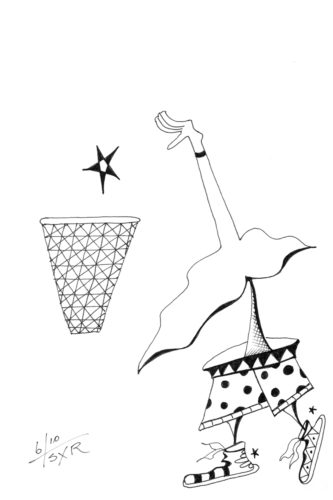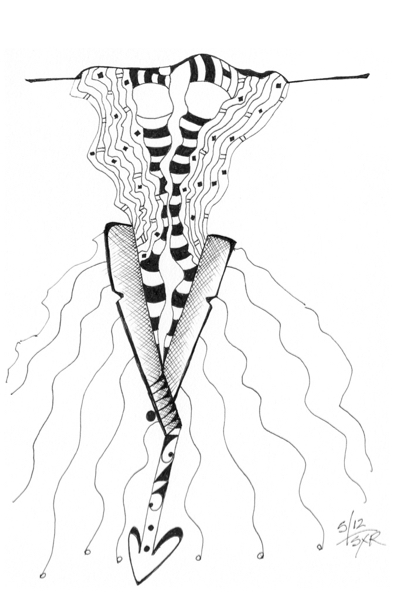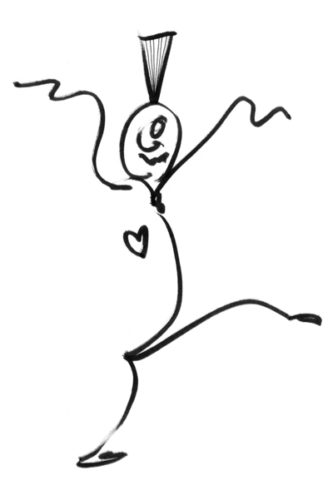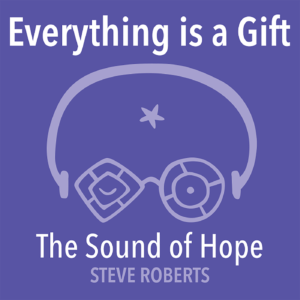
As a guy who graduated next-to-last in his high school class yet found himself at Amherst, one of the nation’s elite colleges, where the only thing I knew for sure was that I could work my ass off, few principles have been more valuable than this from the late champion of non-violent communication, Marshall Rosenberg:
Anything worth doing is worth doing poorly.
Generally, many of us find that a bit counter-intuitive. Our natural inclination would suggest that there’s hardly a greater aspiration than to be highly accomplished at something––from growing potatoes to loving our children.
And sure, well developed skills can be invaluable––especially if we’re on the receiving end: heart transplants, wedding cakes, skydiving instruction, family quarrel mediation. The list is encyclopedic.
But linking our self-regard to our ability to produce an outcome of a superior nature is risky business if you ask me. Striving for it is noble. Needing to get it is death. There’s only so much room at the top. Besides, our performance compared to that of others is always out of our control. And to be attached to anything out of our control is basically a commitment to misery. Read More






